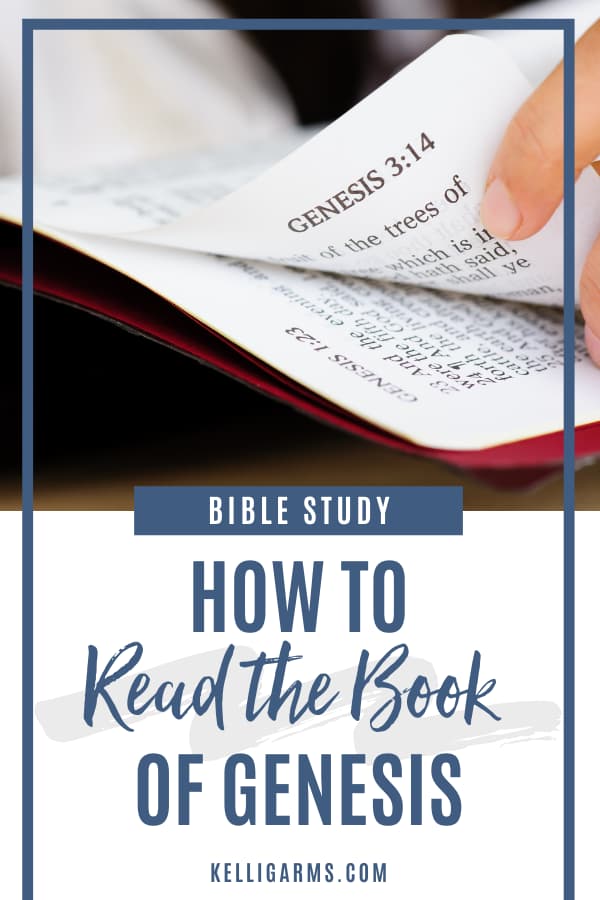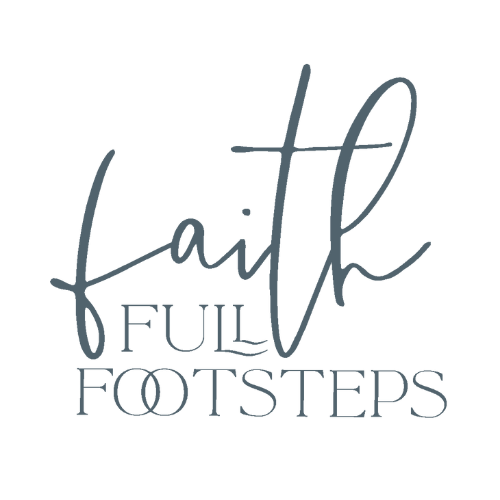The book of Genesis is chock full of amazing history! In it we learn the stories of creation, the flood, the origin of the Jewish nation, the coat of many colors, and so much more. But sometimes these stories can seem disjointed, out of order, or lacking in detail.
Some of the narratives raise questions they never answer, like where did Cain get his wife? Sometimes they seem to speed through the story, like when it relates the birth of all of Jacob’s children in a short chapter. And other sections seem to come out of order or go back to a previously mentioned detail, like in the account of the creation of mankind.
Genesis Is a Historical Narrative
When we read the book of Genesis, it is important to remember that this is not a first-hand account told as the events unfold. The stories of creation, the fall, Noah’s ark, the Tower of Babel, and even the covenant God made with Abraham were passed down from generation to generation orally until Moses wrote them down for the Israelites during their long trek through the wilderness. Moses gave us the necessary information to understand the point of the story, not to know every little detail pertaining to it.

While this doesn’t affect the credibility of the book (Moses was chosen and inspired by the Holy Spirit to write down these exact words), it does affect the style. We have grown accustomed to a narrative style that keeps things in order and explains the details. But can you imagine how long the Bible would be if that is how it was written?
Genesis Is Not a Textbook
It is also important to realize that Genesis is not a history book, nor is it a science textbook. It contains history, and it contains science, but it is not meant to be read for the sake of gaining knowledge. It is interesting, however, that the archaeological community continues to find artifacts that support the historical narrative of Scripture, and the scientific community regularly “discovers” things the Bible has already told us. But that is a topic for another time.
Moses wrote down exactly what God knew we needed to know, and he left out exactly what God knew we didn’t need to know. So, while it can be fun to follow a rabbit trail and do the math to figure out exactly how many years passed from the time of creation to the flood (I’m a nerd, I know), don’t get so wrapped up in the missing information that you can’t learn what God wants to share with you.
Genesis Is about God
When we read the book of Genesis, we need to remember, first and foremost, that the Bible is a book about God. The purpose of the whole Bible, including Genesis, is to teach us who God is. When we read the Bible for that purpose, our perspective changes.
When we read Scripture to discover more about God, it teaches us more about us, too. When we see ourselves in light of who He is, we recognize who we are. While we are God’s image bearers, we are also sinful creatures. This is demonstrated through the people in the stories of Genesis. While it is tempting to put different characters on a pedestal and want to be like them, Scripture doesn’t sugar-coat their stories, and it allows us to see all of the pitfalls and temptations they faced as well as their victories.
So, as you approach the book of Genesis, do so with the intent to know God. What does the story of creation tell you about God? What does the flood teach you about His character? What does His covenant with Abraham tell you about who He is? Our goal should be to fall deeper in love with Him while we read the fascinating stories included in Genesis.






0 Comments